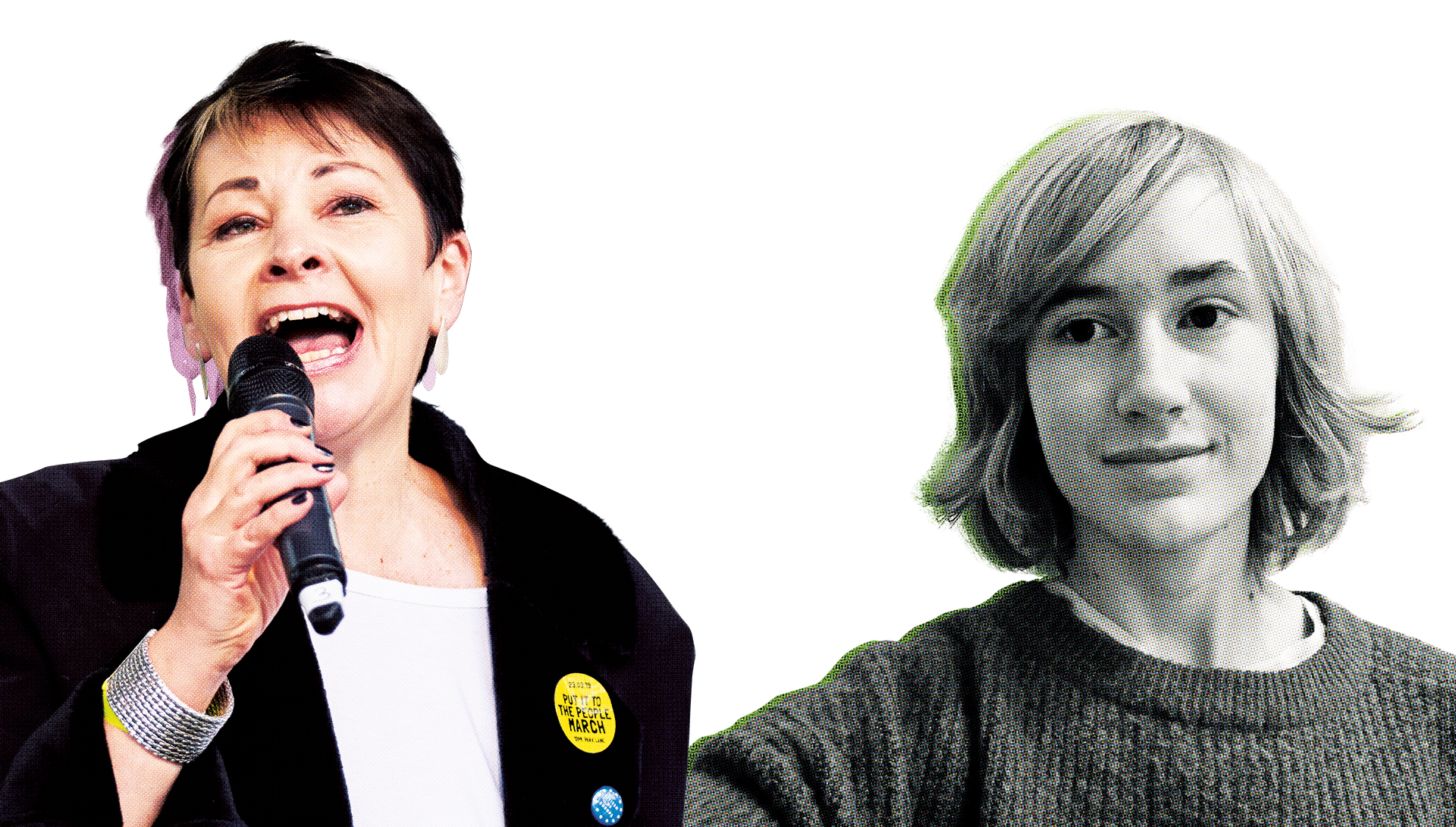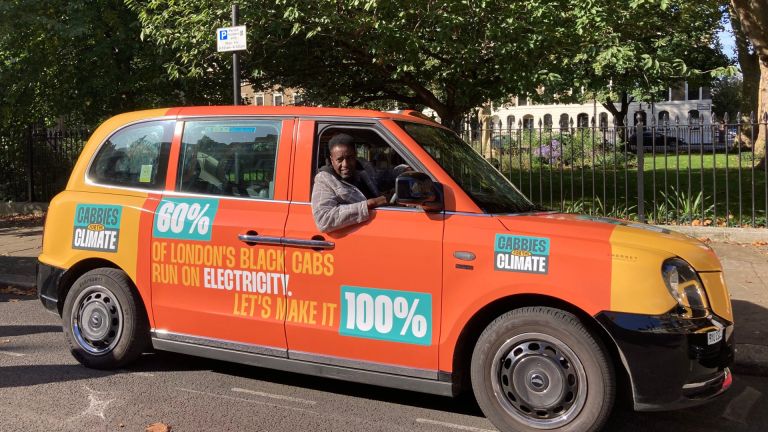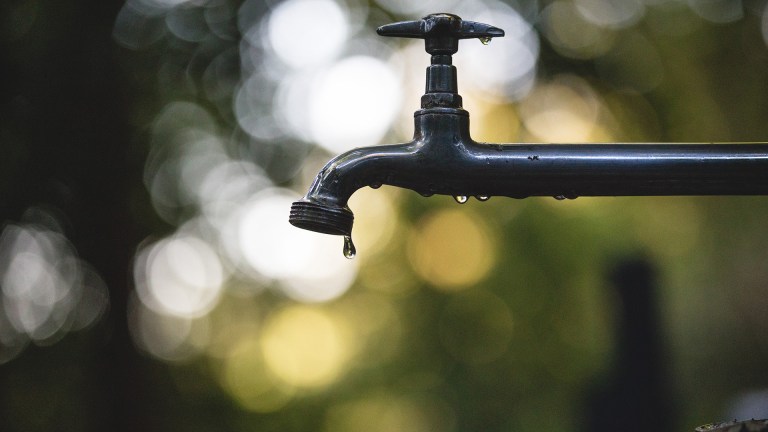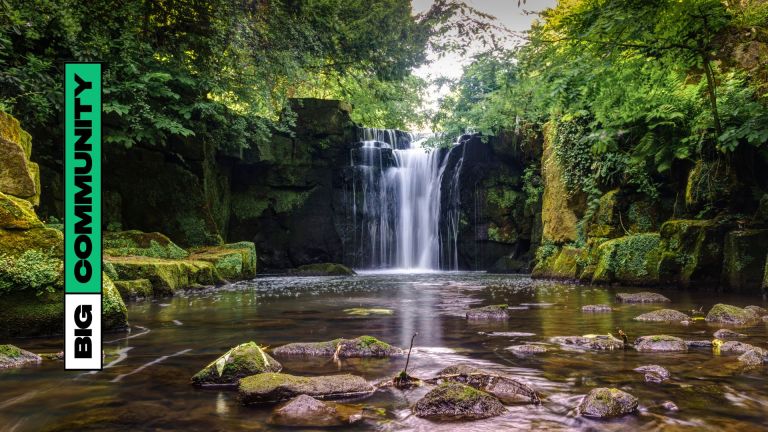Young people seem to be doing a really good job, so I’m sure you’ll come up with it. From my perspective, you’re against inaction, fossil fuels – but it’s really important to have the ideas about what you’re for as well as what you’re against. One of the proposals that has got a lot of traction is what in the United States they’re calling a Green New Deal. That’s a really helpful framework in terms of demonstrating it’s a whole transformation of our economy, to make sure it isn’t just chasing growth for its own sake.
Something we’re trying to do where I am in Exeter is get meetings with our local council. We’re actually meeting up with Exeter City Council quite soon. What do you think that local councils can and should be doing to act on local climate change?
Sometimes the response I get from councils is ‘We don’t have room to manoeuvre because it’s all set out at a national level’. Nonetheless there is a lot they could do. Quite a lot of councils have passed motions saying that this is a climate emergency. That might sound like ‘So what?’ but it gives you a framework in which you can push for bolder and more radical policies. Green Party councillors in Kirklees were able to roll out a door-to-door, street by-street home insulation project.
It’s not rocket science, there are a million things councils could do if they were persuaded this was a political priority.
It had a great impact in terms of reducing emissions, but it also created jobs and got people’s fuel bills down. Councils could make sure that it’s easier for people to move around their locations without dependence on a car, that schools have travel to school plans so wherever possible you can have safer bike routes or walking trains. It’s not rocket science, there are a million things councils could do if they were persuaded this was a political priority.
Devon County Council declared a climate emergency and they pledged to go carbon neutral by 2050 even though all of us protesting had said 2030. How would you recommend communicating the severity of the crisis? Not just to councils but to normal people. I think that’s something we’re struggling with.
On the one hand, it’s important to underline just how urgent this is and what’s at stake, but we need to be careful not to tip people into a state of depression or a sense that they can’t do anything about it. Sometimes we stand back and say, ‘How do you change the view of a whole city?’ which is a massive job, but often it’s about word of mouth. If everyone was tasked with talking to 10 people they wouldn’t normally talk to about climate, whether that’s in their workplace or in their family or people on the street, that can have an effect. We are more likely to listen to our peers. We trust them more than we trust the newspapers.
I’ve been speaking to my mum a lot about it, she doesn’t really know that much, and trying to get the conversation started. Going back to the Green New Deal, what do you think is the biggest challenge facing it becoming a mainstream idea people support?
People will say we can’t afford to do it. When we had a financial crash and the banks were imploding we found literally trillions of pounds. We didn’t find it, we created it through what’s called quantitative easing. If we can do it when it’s the banks going down the tube, then surely we can do it when life as we know it is facing existential threats. We’ve got to challenge the idea that we can’t afford to do this – we can’t afford not to. Instead of just saying that there are more jobs in a green economy than there are in the fossil-fuel economy, we have to flesh out in a tangible way what that looks like.
We’ve got to challenge the idea that we can’t afford to do this – we can’t afford not to.
That means workers themselves empowered to set out plans for how they could use their skills and their factories for something more sustainable. It’s not surprising some of the resistance comes from people who feel that their own jobs are at risk. Putting workers in the driving seat of how we make this transition to make sure they are supported and don’t lose out feels really important.
It is really important but it feels right now Brexit is distracting from fundamental, even radical, changes to our system. How can we work around that?
I agree with you but try to turn a threat into an opportunity. There were hundreds of reasons why people voted for Brexit, but a lot voted leave less because of anything specifically about the EU and more to give the establishment a bloody nose, quite understandably. They felt for years and years their communities have been neglected, hollowed out through industrialisation. We could speak directly to some of those communities, going to places like Stoke or Bolton, and trying to work out what a Green New Deal or a zero-carbon economy would look like in this community, and really setting out how it can provide hope for those that have felt pretty hopeless for a long time.
I’m just about to meet some young people in my local group. Do you have any advice for them dealing with all the emotions around climate change and the apathy out there?
The big risk that movements like yours face is burnout. You put so much work in and sustaining that over the long term can be really hard. My only advice would be to factor in support for yourselves. In the lifetime of some people who are alive today we could be facing a planet that in huge ways would be uninhabitable.
That is a massive thing to absorb and I would say don’t underestimate the mental hurt that goes along with the reality of the climate crisis. Take care of yourself. I’m not saying that as some kind of misplaced maternalism, but genuinely, in order to keep a movement going for some years, it’s crucial to look after yourselves as well.









